First Philosophy: Aristotle Again

It is almost annoying to have to continually go back to Aristotle when looking for the best ways to divide things, to think about things intellectually. In the West at least. It is not an exaggeration to say that his work forms the very intellectual foundations of Western thought – which crosses over into Arabic thought as well hence joining really the entire Judeo-Christian and Islamic world from an intellectual and academic perspective at least.
He is that bridge from mystic antiquity, the Pre-Socratics up until Plato, into the classical philosophical period of ancient Greece from which the foundations of Western thought are constructed upon. He does not ignore the mystic realms entirely, but he tries to frame them in a rational framework such that they can be discussed, and ultimately be known.
His views on knowledge – philosophia – what they call vidyā in the Upanishads (stemming from the same root, to see or to know that the word for the Vedas itself comes from, i.e. vid from whence we get video and the Latins got the verb to see videre), was that it was best to think of it in three fundamental divisions –
- first philosophy which covered metaphysics and what we today would call philosophy,
- natural philosophy which was the term used up until the Middle Ages to describe what we call Science today and then no less important, and
- practical philosophy which covered arts like political Science, craftsmanship, law and other socially valued skills.
Each of these branches is given equal significance and importance in Life, even if it is metaphysics, first philosophy, that (he recommends) we study first. He is one of the first in history really, certainly in the West, to try and codify all this knowledge, document and organize it such that it could be used to not only investigate truth, furthering the goal of philosophy itself and the philosopher (the lover of wisdom), but that in this investigation the bounds of knowledge, that which could be known, could flourish.
Whether he did this latter part knowingly or not is up for debate but its consequence is not debatable.
The view from the East regarding knowledge was a bit more archaic you might say, certainly as reflected in the Vedas and the Dàodé Jīng (and Lao-Tzu) at least. The Dàodé Jīng and Lao-Tzu reflect an underlying mystery of the world, yet structured, whose secrets could be divined if approached in the right (Confucius) manner.
The Vedas themselves, according to the Rishis at least, were knowledge itself. They not only encapsulated and reflected it, proper understanding of the Vedas and their meaning was knowledge – literally to see or to know. This is where the ancient idea of gnosis comes from. Knowledge in all these ancient systems for the most part reflects a state of being, a state of awareness rather than the storage of some data point or measurable quantity somewhere – what our physicists like to call today ‘information’.
These are but properties and attributes of something else, something else that can be described in these limited mediums of communication that we have but nonetheless are something else entirely. Do not confuse the map with the territory Pirsig tells us (repeatedly) and it is a sage warning.
The fact that we can experimentally validate something repeatedly, the basis of objective realism and a fundamental tenet of empiricism is an interesting quality to the information, lends it more power you might say because you can build things around such empirical structures but that cannot, and most certainly should not, bound our notion of knowledge itself.
These are the debates that rage within epistemological philosophical circles for the last millennia or so and I am sure will continue ad infinitum (and nauseum) but ultimately we have two forms of knowledge, or at least two, and they align with this multi-dimensional model we are laying out here.
- Lower knowledge that is useful and practical here in this realm, physical world. This accounts for Physics, Chemistry, Astrophysics, etc.
- Mystical knowledge that is useful and practical for understanding the interdimensional world we live in (non-linear spacetime, quantum fields, etc.).
- Highest knowledge which is knowledge of Self, knowledge of Brahman
This mystical knowledge has been hitherto rejected by the Academy and it needs to be re-integrated. As alchemy was, at least in secret, for all those centuries. It needs to (continue to) be studied and documented and taught with rigor so that when the next great guru says he will change your life if he teaches you astral projection you can respond in kind. So what? What else you got? UFOs, the paranormal, religion, etc. all fall into this category. Look at Kripal’s work and you’ll see what needs to be re-integrated there.
Lower knowledge is pretty straightforward, but in it we will also include Aristotle’s practical philosophy – any of the arts or Sciences that have practical, so-called “real world” applications need to be included in this domain of study. Aristotle’s natural philosophy of course falls in here as well.
Higher knowledge then, which Aristotle calls first philosophy (our metaphysics) is then another branch of knowledge entirely. Aristotle says it should be studied first but I am not certain about this. Curriculums should be school specific but it nonetheless must be taught. This track of learning needs to include philosophical branches (metaphysics, epistemology, etc) as well as religious ones (Upanishads, Old Testament, etc).
This higher branch needs to include the knowledge of Yoga as well, along with the practices by which the physical form can be purified such that it, as a receiving vessel of knowledge, can support higher levels of understanding and awareness and being. So mystical knowledge also falls under here to some extent, or the next phase of it which shows how this same knowledge can be leveraged to again prepare the body for the highest form of knowledge.
Fundamental to this structure though is the idea that – and the Neo-Platonists outline this in much detail in their notion of Nous, or the Intellect, which sits in some sense at the right hand of God (the One) – knowledge is a state of being and awareness in and of itself which we, as embodied beings, can partake in. This is not just information – knowing words or numbers by heart for example – it is something much more profound that allows for, facilitates, understanding and cognition in the Kantian sense but nonetheless is something much more than just res cogitans.
It is the thinker behind the thinking, who himself is a thinker…
It must be said that by the time we are words to page, we are down to a very fine medium of communication, very fragmented and limited, with all sorts of metaphysical assumptions built into the very form of communication itself (subject object verb, hallmark of all Indo-European languages).
But we are not intending to try to fill your vessel with information. No, that is not our intent here and if you think it is you need to sit for a moment and reflect on the very purpose of this exercise – both me in my writing and you in your reading. We are intending, attempting, to stimulate the awakening of knowledge within you. To light the spark that kindles the flame that will burn away your ignorance.
These words coming down from my embodied form onto this digital device that you are reading this from and then coming up so to speak into your mind as you read these words is a transmission process of words and ideas that when structured together, when properly “understood”, a level of awareness, another dimension in fact, is opened that was not there before – or was there the whole time really and you just didn’t notice. Just like that cube in the introduction that can be seen two totally different ways, same picture.
Relative to this higher knowledge then, it is encoded in these ancient texts that we discuss here and that sense of the word encode is pretty accurate in this context. The very form and medium of information transfer is limited, especially when you are working in translation as we are in modern times.
But make no mistake about it, many of these ancient texts all bear the same underlying message about the unity of existence, the reality of the Soul and the eternal being that supports this whole song and dance.
The Vedas, Upanishads in particular (108 of them), along with the Old and New Testaments (and in turn the Koran) are the source of knowledge in the world since the fall of man – this why the two traditions stand alongside each other and this is the distinction between the East and the West.
The Rishis sent emissaries to the east (Lao-Tzu) and to the West (Pythagoras, Heraclitus – you never step in the same river twice…) no doubt, some of which adopted and established Judaism and Egyptian mystery traditions out of which emerged Christianity, Gnosticism, alchemy and ultimately Science. Sacred Geometry permeates them all.
To me the Rishis are the great source and river of knowledge, the highest and most exalted of the ancient scriptures in their cohesiveness and directness about the nature of being, nature of reality fundamentally. That does not make the other traditions less true, it is just for me as an engineer Vedanta is the most appealing way to approach this knowledge.
Many textual traditions we cover throughout this work and in Theology Reconsidered though and again no one tradition is less true or useful than any other, they just must be understood with the proper understanding of what reality is and what knowledge is and what their relationship is.
These ancient traditions were kept alive through the great vessels of the Church and Buddhism, through a long line of Jewish Rabbis and Christian priests, Tibetan and Japanese monks… – all of them no doubt believing they were doing God’s work in some way. As they were no doubt.
There were hidden teachings of course too, teachings that were not to be taught to the general public about other worlds and secret powers and all sorts of Da Vinci Code stuff that is really real. Orders were established to protect these teachings, as had been done since time immemorial and were for initiates only primarily, leaving direct revelation aside (which usually did not end well for the vessel of revelation).
Most of this restructuring of this ancient wisdom, the systematizing it and the codifying of it, all happened more or less between 500 BCE and 500 CE throughout the known civilized world, and those traditions have kept us afloat (spiritually) all these centuries.
The promise of self-realization, an age old Yogic and Indian truth, was renewed by Ramakrishna and Vivekananda when the teachings of the Vedas were recast and brought to the West in the twentieth century. Here Vivekananda roots knowledge and recasts the teachings of the Vedas in specific (spiritual) disciplines to be cultivated in modern times and resting on more up to date and modern scientific models – namely Raja, Karma, Jnana and Bhakti yoga, the Four Yogas. To prepare the world for the coming of a new age, to spread the word and try to maintain knowledge across the known civilized world.
To the West this ancient knowledge was corrupted over the millennia, through no fault of God of course but due to the limited understanding and capabilities of men. The veil, that snake in the Garden, is a powerful force no doubt. This knowledge was renewed by Christ in a sense but Christ was less about teaching and more about compassion anyway, which is what we needed in that dark age of ignorance. Don’t show us the way, just sacrifice ourself so we wont burn in hell for eternity please. Thank you.
To the East this knowledge was synthesized to good works and behavior (Confucius), as it was in the West to with the ethical treatises that were taught and written by Aristotle and Plato and many other of the ancient Greek philosophers. But this tradition, this language and these rites and rituals regarding true knowledge, the highest knowledge, was kept alive in India through an unbroken chain of mystics descending from the Rishis themselves that ultimately led to a time and place where Ramakrishna and Vivekananda could be born and thrive, and be respected and honored, so that Vivekananda could spread Ramakrishna’s message of love and unity to the whole world and recast the age old wisdom of the Rishis, i.e. Vedanta, for a modern era underpinned by Science and steeped with materialism, bringing the message of self-realization to the West. The highest knowledge that can be understood through the Four Yogas. This is his message after all.
The traditions were kept hidden, for centuries, hidden away in monasteries and temples by sages and priests, many of whom did not even know what they were protecting or preserving but many of whom did. But the words of the great sages of old were written down and saved, and their teachings taught, and ultimately we arrive here where all these teachings are at our fingertips without even having to leave our living rooms.
If you seek, ye shall find. If thoust shall knock, it shall be opened for you.
Well take a set because we’re here. And coffee pls.

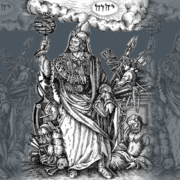
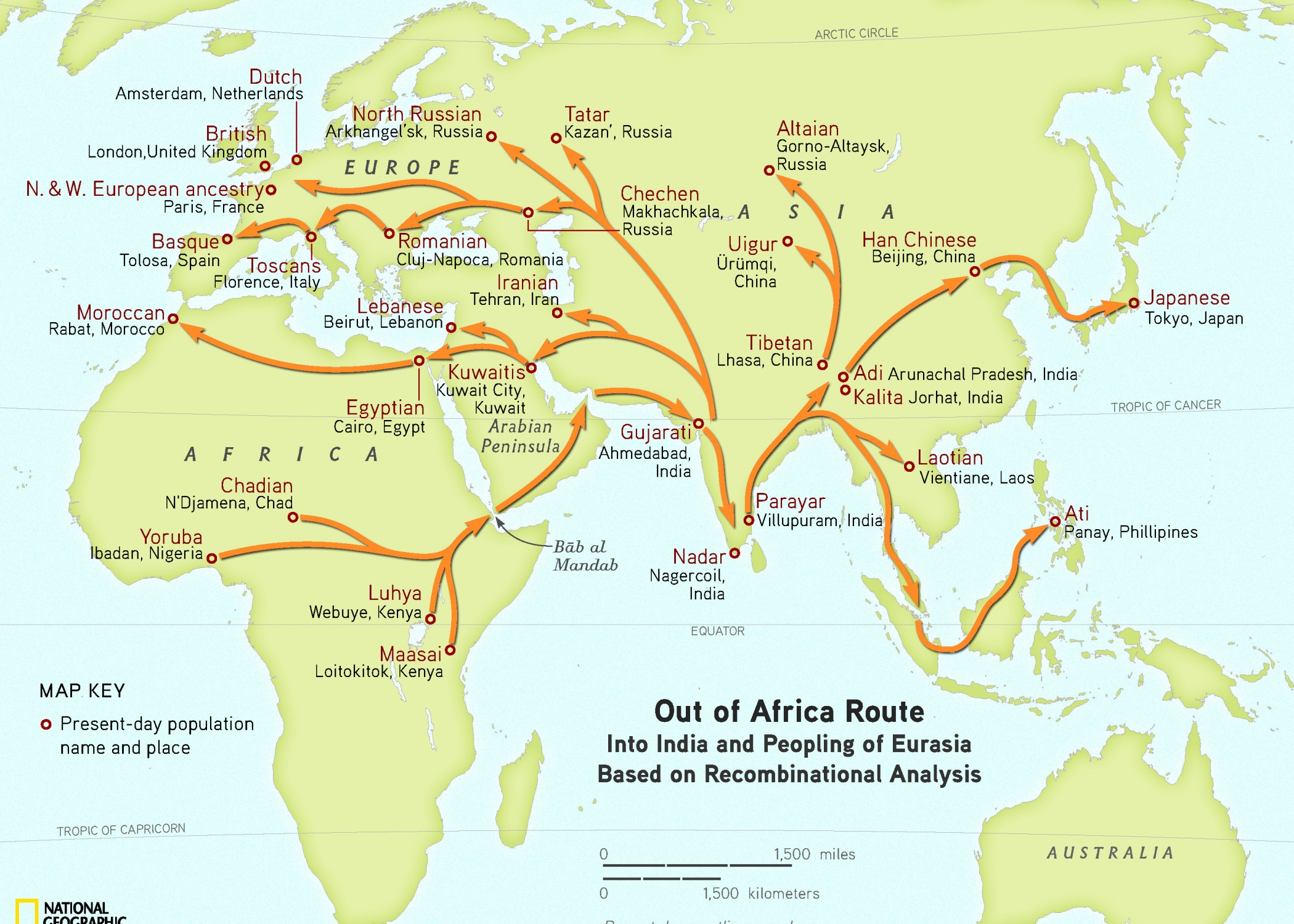
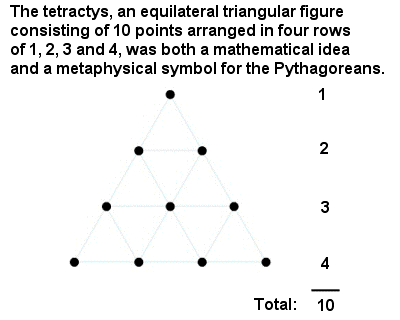
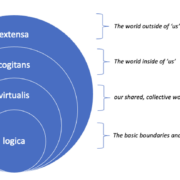
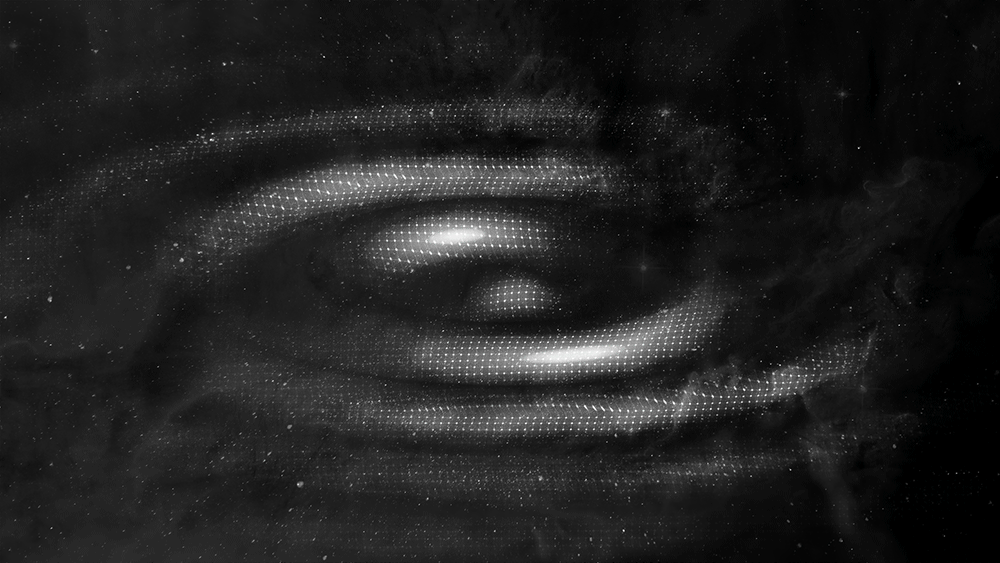
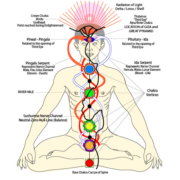
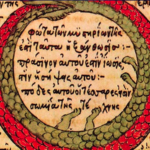
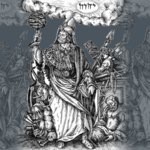
tobe or not tobe… hemlet or hamnet… the literate son or illiterate daughter… who is the real author ..death by sycthe or dagger… purgatory or heaven… tis All About Love…. the potential and the actual… a symposium ‘but for you everyone in the world is wretched’ ‘in holding this opinion of myself I show fanaticism’…. *I dare repeat that a re-reading of Ernst Bloch, The Principle of Hope, Vól 1 would yield a better chance of sifting through this ‘perpetual passion’ as this egoic drive for self perfection lays tossed and strewn around, call the donkey man, bring his dredger, call the donkey man bring his cart, for collection and disposal, cold dank limbs in body bags, lost souls, several thousand broken hearts, behind the eye’s of sleepers abandoned rainbows wilt, dew drops drowned on sunken boats, this love is lost neither man nor nature will find out, even though all do shout for it, in this crowd there is none to be…’to good men’s parties good men flock unasked’… yet this dress you wear, the cut of your hair the shoes ill fitted in mimicry you stand and stare for it’s only
as the Velvet Underground wrote in anticipation of All Tomorrow’s Parties….
Yes! The boundless and mysterious ways we find to experience the world in all its splendor and glory, both lost and found in mundane existence…
if only Camus had caught the train….
Sisyphus awaits
if you are so inclined….
Reblogged this on MiddleoftheHeart and commented:
For a knot to tie and untie all knots…. follow Snow Cone Diaries for in the hand of man rests this firmament if ice… when all along its existence exists in the Wo[mb]man… no voids to sail, no albatross to hail, no holy grail… but a womb space that never fails….